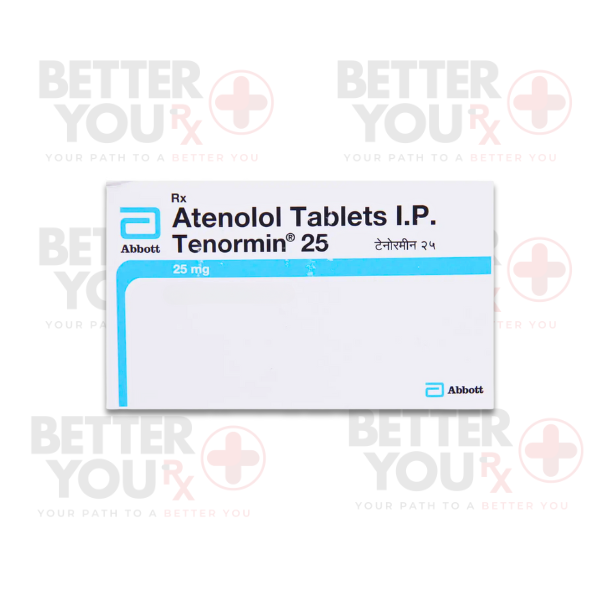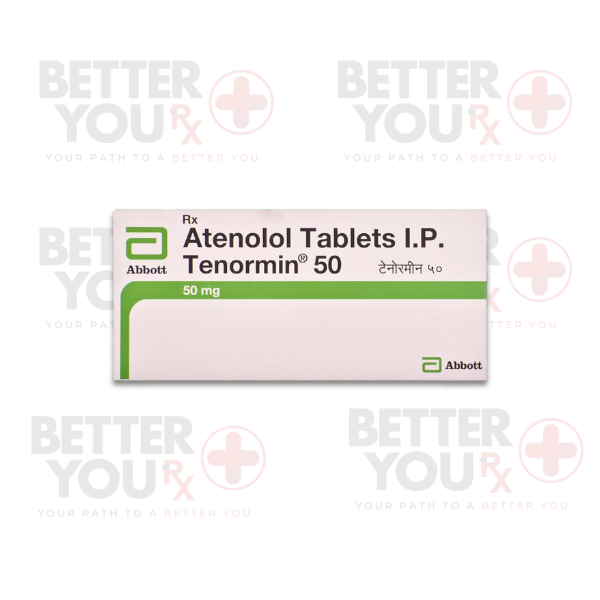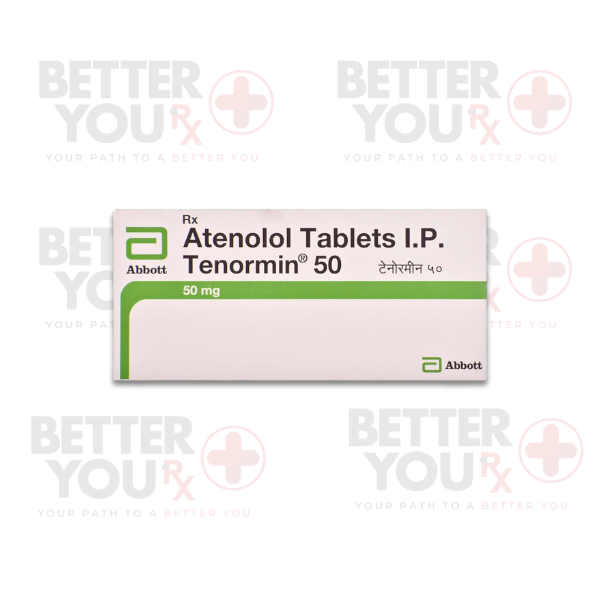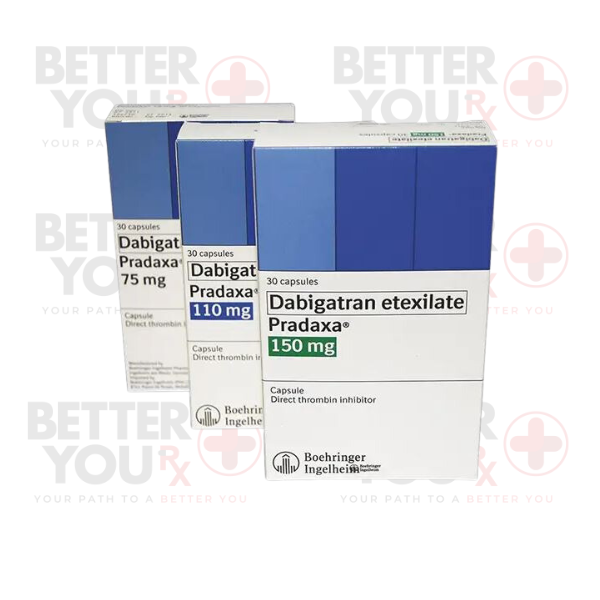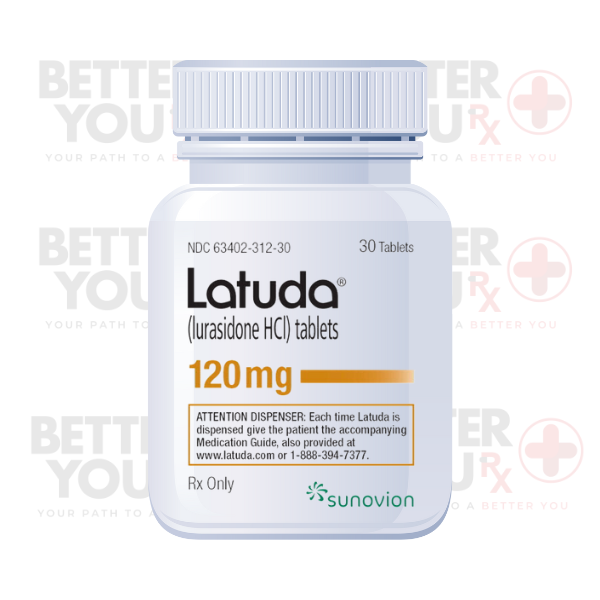Description
Tenormin is a prescription medication that contains atenolol, a type of beta-blocker used primarily for managing high blood pressure (hypertension) and preventing heart-related conditions. By blocking the effects of adrenaline on the heart and blood vessels, Tenormin helps to reduce heart rate, lower blood pressure, and improve blood circulation. This medication is commonly prescribed to patients with high blood pressure, angina (chest pain), and to help prevent heart attacks.
Atenolol, the active ingredient in Tenormin, is also used in the treatment of other cardiovascular conditions, including arrhythmias (irregular heartbeats) and heart failure, to help improve overall heart function.
Uses of Tenormin
Tenormin is prescribed for:
- Hypertension: Lowering high blood pressure to reduce the risk of heart disease, strokes, and kidney damage.
- Angina: Relieving chest pain caused by reduced blood flow to the heart.
- Post-Heart Attack Care: Helping to prevent further heart problems after a heart attack.
- Arrhythmia Management: Reducing the frequency of irregular heartbeats and improving heart rhythm.
- Heart Failure: Aiding in the treatment of heart failure by reducing the workload on the heart.
Benefits of Tenormin
- Blood Pressure Control: Helps reduce hypertension, lowering the risk of serious cardiovascular events.
- Chest Pain Relief: Effective in managing angina and preventing episodes of chest pain.
- Heart Attack Protection: Reduces the likelihood of additional heart problems following a heart attack.
- Arrhythmia Management: Useful in controlling abnormal heart rhythms.
- Long-Lasting Effects: Provides continuous management of blood pressure and heart health with once-daily dosing.
How Tenormin Works
Tenormin works by blocking the effects of adrenaline (epinephrine), a hormone that increases heart rate and blood pressure. By inhibiting adrenaline’s action on beta receptors in the heart and blood vessels, atenolol helps to:
- Slow the heart rate.
- Lower blood pressure.
- Reduce the heart’s demand for oxygen.
This dual action makes Tenormin effective for both blood pressure management and preventing chest pain associated with angina.
Side Effects of Tenormin
While Tenormin is generally well tolerated, some people may experience side effects.
Common Side Effects:
- Dizziness or lightheadedness, particularly when standing up quickly.
- Fatigue or tiredness.
- Slow heart rate (bradycardia).
- Nausea or stomach discomfort.
Serious Side Effects:
- Severe Allergic Reactions: Symptoms such as rash, itching, swelling, or difficulty breathing require immediate medical attention.
- Breathing Difficulties: Especially in patients with asthma or chronic obstructive pulmonary disease (COPD).
- Severe Dizziness or Fainting: Can indicate low blood pressure or slow heart rate.
- Chest Pain or Tightness: If you experience these symptoms, seek immediate medical assistance.
If you experience any of these serious side effects, contact your healthcare provider immediately.
How to Use Tenormin
Tenormin is typically taken once daily, with or without food. For optimal results, it is important to take it at the same time every day.
Tips for Taking Tenormin:
- Swallow the tablet whole with a full glass of water; do not chew or crush.
- It may take several weeks to notice the full benefits of the medication.
- Do not suddenly stop taking Tenormin, as this can cause a rebound increase in heart rate and blood pressure. Always consult your doctor before discontinuing.
- Monitor your blood pressure regularly while taking Tenormin to ensure the medication is effectively controlling your hypertension.
Safety Advice and Precautions
Before taking Tenormin, inform your doctor if you:
- Have a history of asthma or other breathing problems.
- Suffer from heart failure, slow heart rate, or heart block.
- Have kidney or liver problems.
- Are pregnant, planning to become pregnant, or breastfeeding.
- Are taking other medications, especially those for heart conditions, diabetes, or blood pressure, as there may be interactions.
Storage
Store Tenormin at room temperature, away from excess moisture, heat, and direct sunlight. Keep it out of the reach of children.
FAQs About Tenormin
Q. How long does it take for Tenormin to work?
Tenormin begins working within hours of taking it, but it may take several weeks to achieve the full effect on blood pressure.
- Can I stop taking Tenormin if I feel better?
No. Stopping Tenormin suddenly can worsen your condition. Always consult your healthcare provider before discontinuing any medication. - Can I take Tenormin with other medications?
It’s important to inform your doctor about all other medications you are taking, as Tenormin can interact with certain drugs, including other heart medications, blood thinners, and diabetes treatments. - Can Tenormin be used for anxiety or migraine relief?
While Tenormin is primarily used for heart-related conditions, it may also be prescribed off-label to manage anxiety or prevent migraines. Always consult your doctor for personalized advice.
Buy Tenormin through Better You Rx
Better You Rx offers Tenormin through trusted Canadian Pharmacy Affiliate partners, ensuring safe and discreet delivery for blood pressure and heart health management. Take control of your cardiovascular health and order Tenormin today for long-term protection against heart disease and hypertension.
Disclaimer
This page provides general information about Tenormin. It is not a substitute for professional medical advice. Always consult your healthcare provider before starting any new medication. Tenormin may not be suitable for everyone, and individual results may vary. Please refer to your doctor for personalized medical advice.

